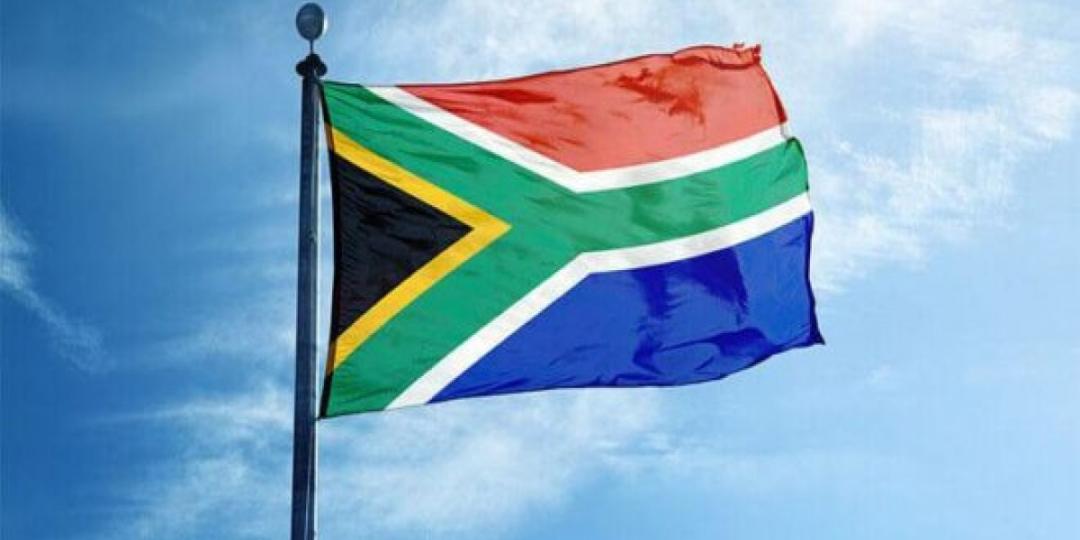The South African tourism industry needs to consistently communicate with source markets to manage the country’s reputation as a safe destination, according to industry experts.
Since news of the new variant of COVID-19 in South Africa, source markets such as the UK and France have advised against travel to South Africa and the subsequent media coverage will have an impact on South Africa’s reputation in the short term, according to FEDHASA National Chairperson, Rosemary Anderson.
“It must be said that the coverage [of the new variant] is not the only deterrent to travel, as many of our key source markets have put in place restrictions that prevent their citizens from travelling to many destinations, not just South Africa,” added CEO of SATSA, David Frost.
A representative of the South Africa is Travel Ready Collective, Gisela Piercey, said there was a false impression that new variants of COVID were rare. “South Africa is not in a worse situation than many of its source markets are when it comes to the spread of COVID. We need to communicate quickly, constantly and efficiently to ensure no information gap can be filled with misinformation and conjecture.” She added that the collective would recommend a cohesive effort between SA Tourism and the private sector that amplified the destination’s messaging.
Part of this messaging needed to be about the roll-out of vaccines in the country, said Frost. “The need for our vaccine programme to be rolled out swiftly, as other countries are doing, cannot be highlighted enough if we are to promote our destination.”
Anderson agreed, saying that there was talk in the travel industry of international travellers only wanting to visit countries that had an efficient vaccination programme.
Communication needs to be consistent and transparent, according to Piercey. “Communication should emphasise and re-emphasise the good work that has been done by the tourism and hospitality sector to de-risk itself through stringent safety protocols.”
Frost agreed and went further, saying news should be shared even when it is not positive. “We have to be transparent about what is happening on the ground so that we can create confidence in our source markets.”
Anderson and Frost highlighted that the global COVID-19 situation remained fluid and unpredictable, and emphasised industry’s focus on the things it could control.
“What we can control in this highly unpredictable environment is ensuring that we have mastered those health protocols and de-risked our industry adequately so that we are not subjected to further damaging restrictions,” said Frost, adding that communication was also a factor that could be controlled.
“It is also important to ensure that, as a destination and product, we have flexible booking conditions so that travellers can change or cancel their reservations if their travel plans are directly impacted by COVID-19,” said Anderson, explaining that the constantly changing regulations made travellers unsure about bookings.























